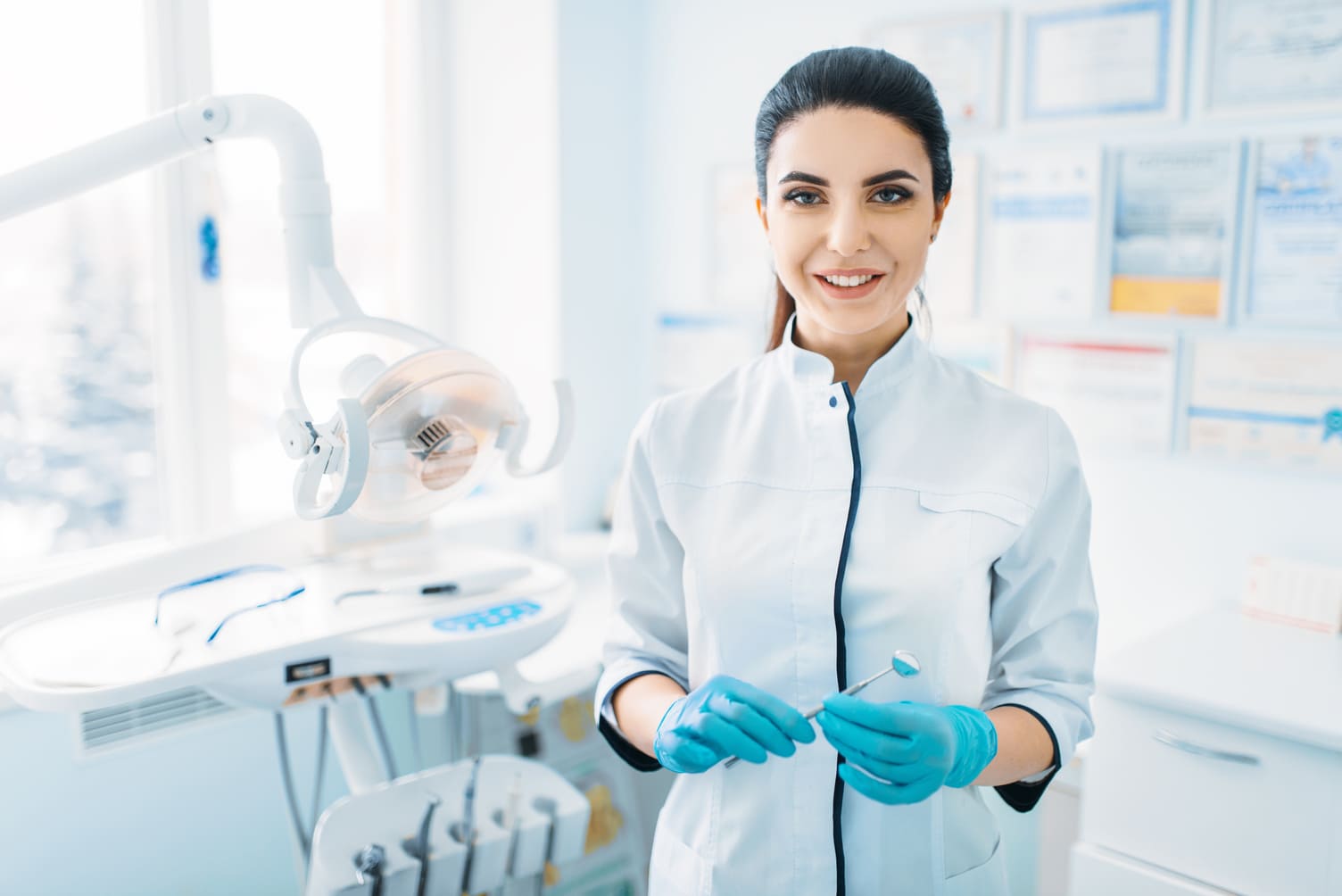How to properly disinfect dental equipment is one of the most critical aspects of running a safe and trustworthy dental practice. Every tool, surface, and piece of equipment used in your clinic has the potential to spread harmful bacteria or viruses if not cleaned and sanitized correctly. In a city like Charlotte, where patient expectations are high and regulations are strictly enforced, your clinic must operate at the highest standard of hygiene.
Why Dental Equipment Disinfection Matters
Dental procedures inherently involve exposure to saliva, blood, and other biological materials. Instruments used in procedures often come into direct contact with mucous membranes or even bloodstreams. Improper cleaning practices can lead to cross-contamination, infections, and in severe cases, legal or regulatory consequences.
Patients are increasingly aware of hygiene and safety. A visible commitment to cleanliness improves trust, encourages return visits, and results in positive reviews and referrals. Conversely, a lapse in disinfection protocol can irreparably damage your reputation.
Moreover, OSHA and CDC have clear guidelines for infection control in dental settings. Non-compliance can result in fines or even temporary closure.
Step-by-Step Guide to Proper Equipment Disinfection
- Pre-Clean the Instruments: Remove visible debris immediately after use. Rinse with water and use enzymatic cleaners if needed to break down organic matter.
- Ultrasonic Cleaning (Optional): Use an ultrasonic cleaner to remove fine debris and contaminants. This is especially useful for instruments with hinges, joints, or grooves.
- Disinfection: Submerge or spray the instrument with an EPA-approved disinfectant. Follow manufacturer instructions on dwell time (the time the disinfectant needs to remain wet on the surface).
- Sterilization: Depending on the tool, use an autoclave or dry heat sterilizer. Always separate instruments by type and material. Ensure bags are sealed and labeled with the sterilization date.
- Storage: Store disinfected and sterilized equipment in a clean, dry, and closed environment. Avoid open-air trays or shared drawers.
- Documentation: Maintain a log of all cleaning and sterilization procedures. This supports your compliance and can be useful during inspections or audits.
Best Practices for Dental Clinics
- Train Your Team: All staff should receive ongoing training in infection control protocols.
- Assign Roles: Designate specific personnel responsible for equipment cleaning and sanitation to ensure accountability.
- Use Color-Coding: Implement a color-coded system to avoid using the same tools or materials in different zones (e.g., treatment room vs. sterilization area).
- Ventilation & Air Filtration: Ensure proper airflow in sterilization and treatment areas to minimize airborne contamination.
- Use Disposable Items Where Possible: For items like suction tips or barriers, use disposable options that can be discarded after one use.
Choosing the Right Cleaning Partner
If you’re located in Charlotte, NC, or surrounding areas, working with a professional commercial cleaning service like Commercial Cleaning Masters can help support your internal protocols. A professional team:
- Uses hospital-grade disinfectants
- Understands the sensitivity of medical and dental environments
- Offers flexible schedules to avoid interrupting operations
- Provides detailed reports and quality checks
- Ensures consistent compliance with OSHA, ADA, and CDC standards
Additional Considerations
It’s not just about cleaning—it’s about how often and how thoroughly it’s done. Disinfecting dental equipment is a continuous process, not a one-time task. Regular internal audits, open staff communication, and periodic reviews of manufacturer guidelines will help keep your process current and effective.
Patients notice the details: the smell of disinfectant, the sealed pouches, the spotless trays. These seemingly small things send a message—they’re a visible promise that your practice puts safety first.
Final Thoughts
Proper disinfection of dental equipment is a cornerstone of any successful dental practice. It protects patients, builds trust, and ensures compliance with health regulations. In a profession where safety is non-negotiable, cutting corners is simply not an option.
If your clinic is located in or around Charlotte, NC, and you’re looking for expert-level support in maintaining a pristine clinical environment, contact Commercial Cleaning Masters. We help practices like yours stay clean, compliant, and confident—every single day.

